Results
-
£89.95
Waves Of The Revolution - Sean O'Loughlin
O'Loughlin's tribute to New Hampshire's contribution to the Revolutionary War features glorious brass fanfares, blossoming woodwinds and exciting scoring for the percussion section. An aggressive theme in a minor key is the basis for this contest style piece, which is symphonic in nature. The combination of the themes towards the end of the piece brings it to an exciting conclusion.
Estimated dispatch 7-14 working days
-
£65.50
Fantasy Of Bells - Sean O'Loughlin
An aggressive, outgoing fantasy on the famous Westminster Chimes, Fantasy of Bells utilizes the ability of winds and brass to make bell-like sounds as well as employing the actual bell-sounds of various "metalophones." Quartal harmony and colorful scoring give this piece an up-to-date sound and make it ideal as a concert opener for contest and festival time. Duration: 2'
Estimated dispatch 7-14 working days
-
£106.95
Haleakala (House of the Sun) - Carl Strommen
Named for a volcano on the Hawaiian island of Maui, Haleakala is a boldly conceived and sumptuously scored tribute to the wonder of nature. A series offerilliant fanfares, with prominent use of the brass section, leads to a broad chorale theme for the wind section that soon acquires a noble counter melody from the horn choir. After a splendidly sonorous climax, the fanfare material returns to close the piece in a grand style. This selection will work particularly well as a concert opener.
Estimated dispatch 7-14 working days
-
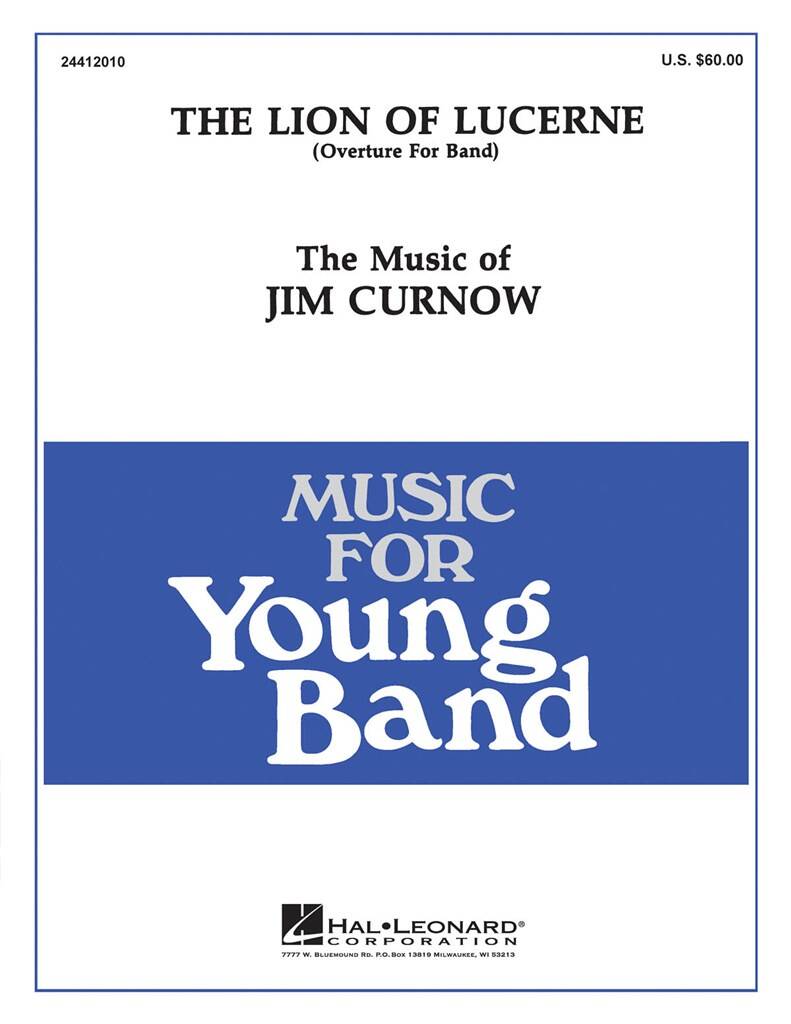 £60.99
£60.99The Lion of Lucerne - James Curnow
With its dramaitc opening and careful scoring, Jim Curnow's striking overture is destined to become standard literature for younger bands everywhere. Full of intriguing effects, it makes especially effective use of the brass sections without straining their abilities.
Estimated dispatch 7-14 working days
-
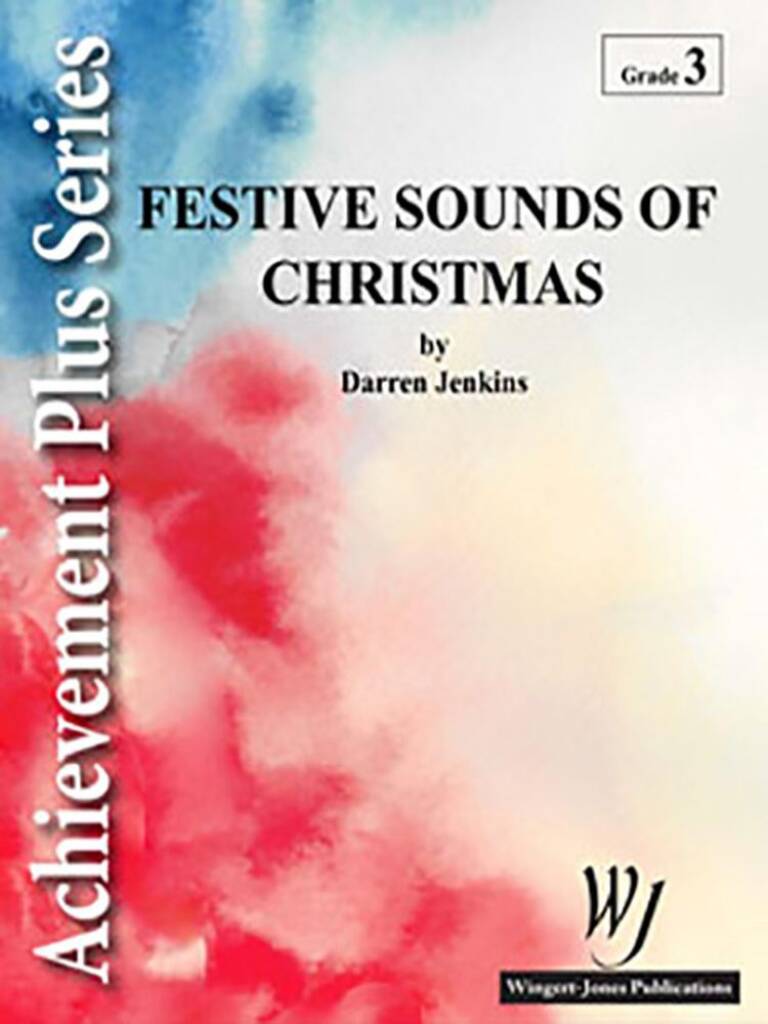 £82.50
£82.50Festive Sounds Of Christmas - Darren W. Jenkins
A medley of three favorite Christmas carols in a rich setting for developing bands. A bright opening fanfare introduces the piece and transitions into the lilting and tuneful The Wassail Song which then slows to a lyrical We Three Kings that features both woodwind and brass choirs. Good Wenceslas brings the piece to a triumphant close with a few quotes of additional carols that add to the festive and joyful atmosphere.
Estimated dispatch 7-14 working days
-
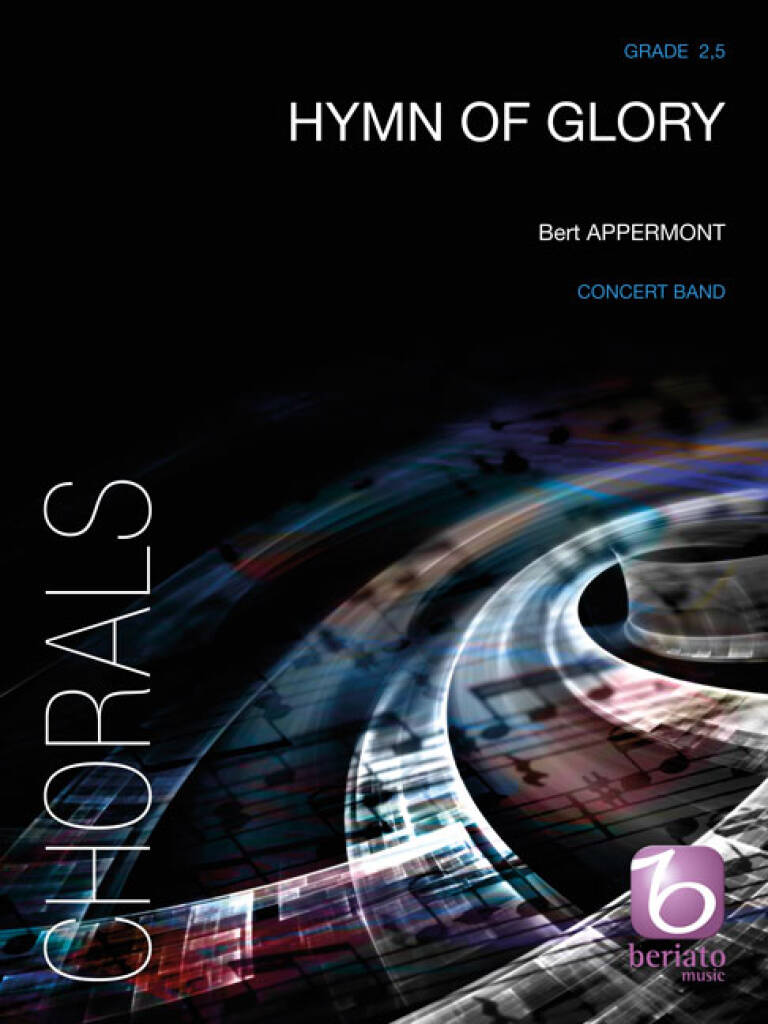 £76.99
£76.99Hymn of Glory - Bert Appermont
This melodic hymn begins with a lyrical melody, handled by various instrument groups. After a gradual build, a first climax is reached, in which the brass instruments give full vent to their glorious sound in jubilation. Now we hear a second theme,resounding in the euphoniums, which ushers in a moment of rest. Then the excitement gathers again, building to a great tutti. The main theme is taken up once more, sounding now as a kind of universal gratitude.
Estimated dispatch 7-14 working days
-
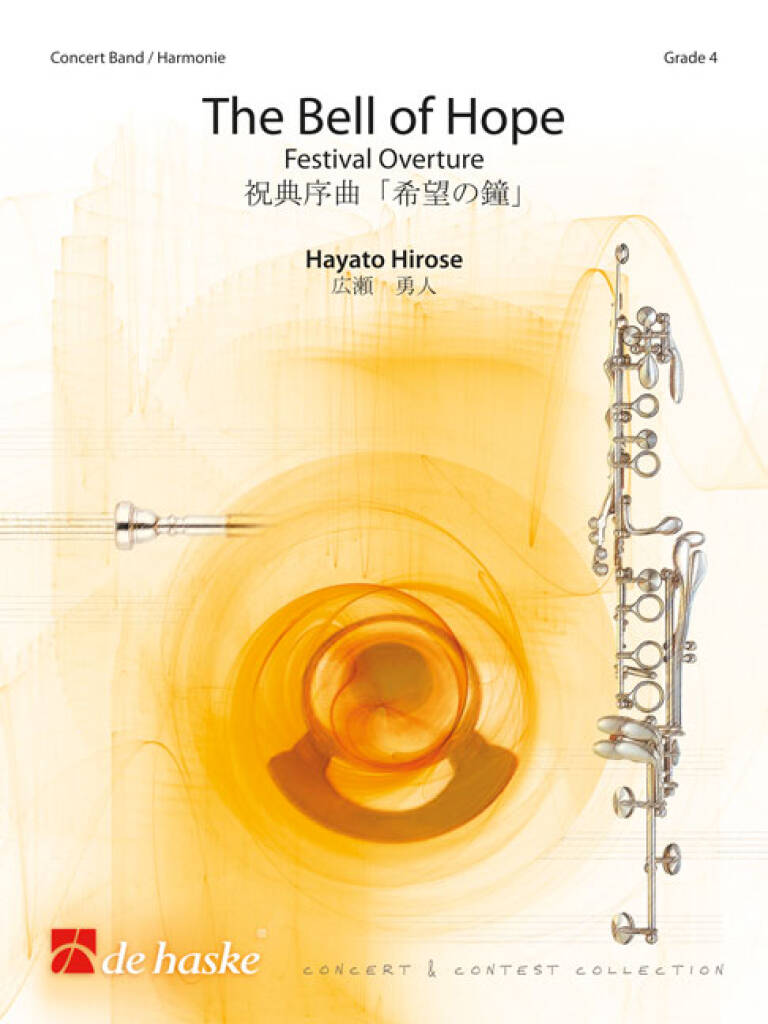 £84.99
£84.99The Bell of Hope - Hayato Hirose
The piece was commissioned by Shobi College of Music (Tokyo, Japan) for their entrance ceremony for freshman students in 2010, premiered by Shobi Ceremonial Wind Orchestra (Hirohisa Takanashi, conductor).In the introduction, woodwinds and euphonium play a solemn passage, followed by a brilliant fanfare in brass and percussion. After the heart-warming middle section, banda trumpets and trombones play a polyphonic passage, which leads to a grand andmagnificent finale to conclude the work. This is a short but solemn and impressive piece that suits any kind of festival, ceremony and concert.
Estimated dispatch 7-14 working days
-
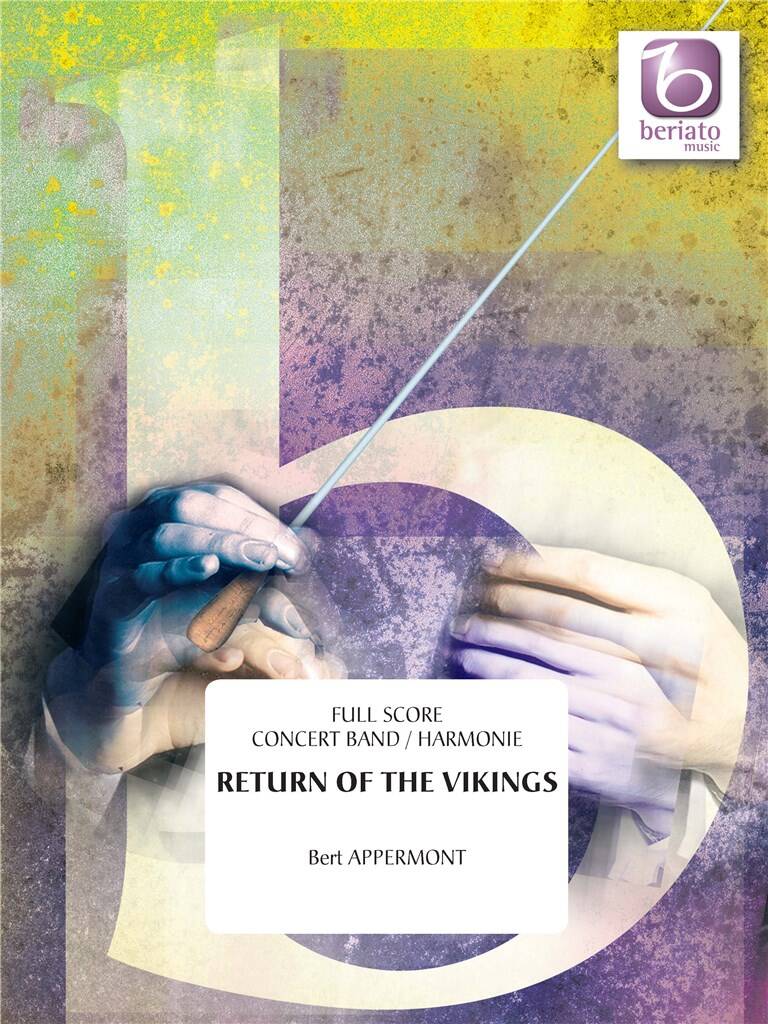 £84.99
£84.99Return of the Vikings - Bert Appermont
This composition paints a picture of belligerent and brave Vikings. After a short introduction the lofty main theme is heard, accompanied by sombre drum sounds. A brief idyllic passage follows that evokes a beautiful landscape. Gradually, a heroicmelody is revealed, leading to a great tutti, in which the rousing main theme is heard once more. Return of the Vikings closes with the sound of heroic brass and festive chords.
Estimated dispatch 7-14 working days
-
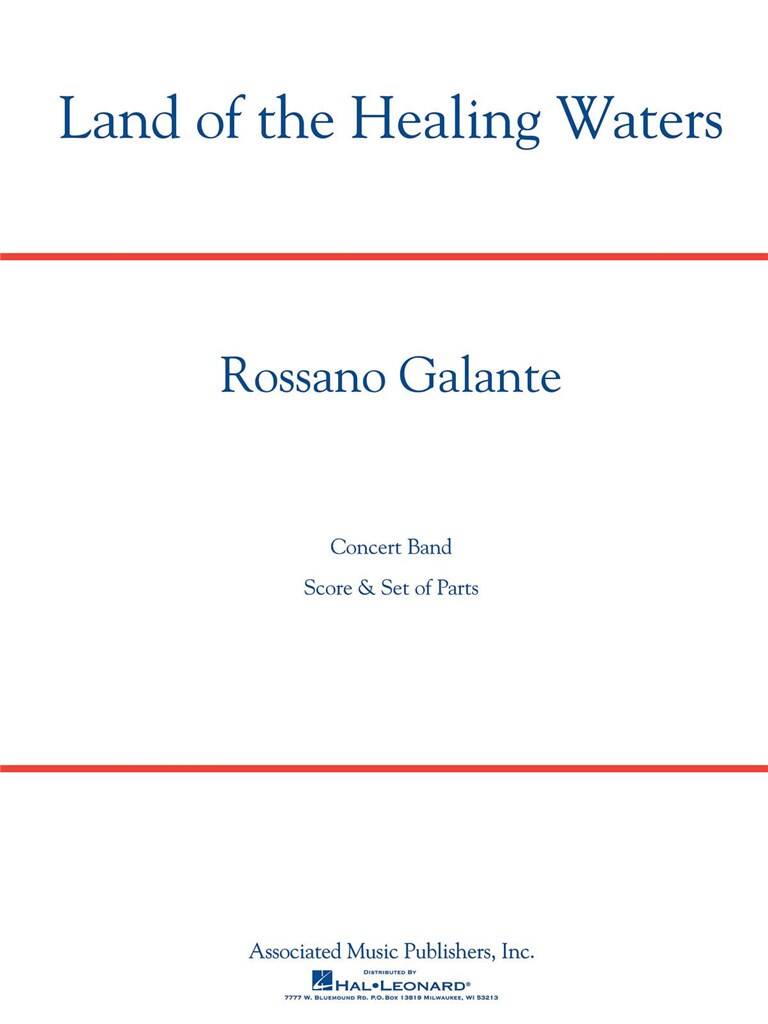 £79.99
£79.99Land of the Healing Waters - Rossano Galante
According to legend, Tolenas Springs, in Solano County, CA was once known as The Land of the Healing Waters due to the restorative powers of the water. This beautiful descriptive work begins with a slow, lyrical melody reminiscent of the flowing water, followed with the music evolving into a faster, heroic theme stated by the brass. The piece culminates in a riveting conclusion suggesting the healing waters washing over us. (Grade 4) Dur: 4:30 Recorded by Central Winds (NY) - Andrew Perry, conductor
Estimated dispatch 7-14 working days
-
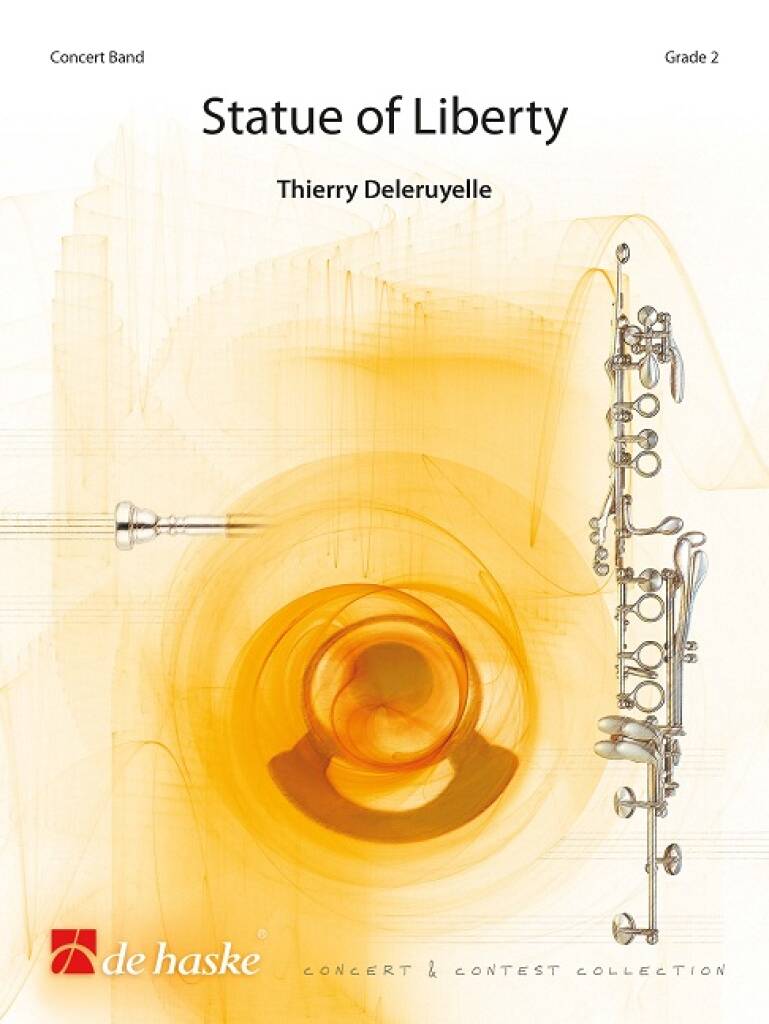 £76.99
£76.99Statue of Liberty - Thierry Deleruyelle
A brief introduction leads to a majestic theme in the clarinets, supported by pounding percussion beats, before the brass section takes up the theme in a quicker, heroic fashion. In Statue of Liberty the French composer Thierry Deleruyelledepicts the grandeur and sheer scale of the statue, which was created in his homeland as a gift to the United States.
Estimated dispatch 7-14 working days
